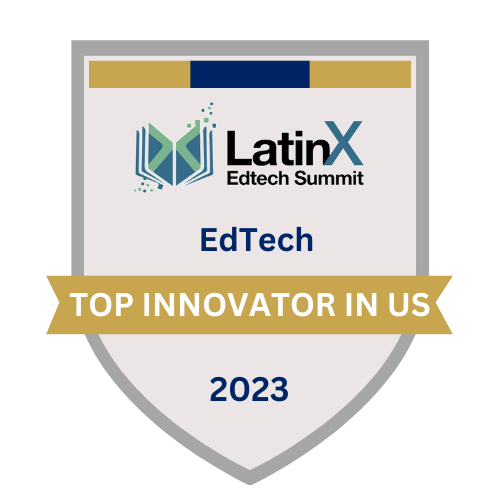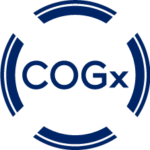College Readiness: Building A Bridge to Success
College Readiness: Building A Bridge to College Success
The problem: Many high school graduates enter college unprepared, with 40 to 60 percent needing remedial courses. The overall dropout rate in 4-year colleges is 40%, while only 5% of community college students graduate on time with a 2-year degree. However, despite aspirations, only 15% will complete a 4-year degree within 6 years of enrolling.

2020 Top Global Innovator in Education
The Dubai Future Foundation selected COGx as a global innovator in education for its track record and promise in helping modernize education through the effective use of technology and cognitive science research and application. COGx became the only company selected from the Western Hemisphere among hundreds of others evaluated.
2023 'Leading EdTech Innovator' in the US
In June, 2023 COGx was recognized as a leading EdTech innovator to advance learning success at the LatinX conference in El Paso, Texas. The LatinX EdTech Summit’s mission is to support teaching and learning by connecting innovative edtech companies, teachers, and education leaders so they can develop sustainable ways to close the digital divide.
2023 Top Global Solution in the Science of Learning
COGx was named the Top Science of Learning Solution at the QS Reimagine Education Awards. This milestone achievement highlighted COGx’s commitment to advancing scientific, humanistic, and critical theoretical understanding of learning while contributing to the evolution of innovative instructional methodologies.
The Need...
Misconceptions about teaching and learning based on intuition have led to an epidemic of disengagement in schools (Evans, 2023), higher education (Chronicle of Higher Ed, 2022; NY Times, 2022), and the workplace (Society for HR Management, 2023).
#1
Optimize Teaching
The current approach to teaching is often disconnected from how students learn (Hynes, 2014). A global crisis is emerging of learners of all ages being unprepared for future employment and prosperity (UNICEF, 2022), increasing achievement and opportunity gaps (UNESCO, 2023) with “uneducated, uninspired, and unskilled” learners (UNICEF, 2022).
#2
Optimize Learning
Learning is a scientific process, and for students to learn optimally they must be taught (Bjork et al., 2013: Dunlosky 2021). This is true regardless of cognitive abilities and disposition towards learning. Students often use ineffective techniques such as highlighting and re-reading, with limited success. Such strategies are rooted in the misconception about learning (Bjork & Bjork, 2011).
Our Solution
How can we enhance college readiness? By implementing comprehensive support programs that not only prepare more students for success in pursuing a 4-year degree but also equip them with the skills needed to thrive in the competitive workforce.
This online program is structured to be facilitated by colleges and universities to equip students with essential skills for effective learning. This 12-14 hour program, comprises of 7 modules along with carefully curated synchronous and asynchronous components. Through practical workshops, students learn to enhance their retention, executive function, metacognition, comprehension, and critical thinking, ensuring they enter college with confidence and competence.
What Students Learn
Building Habits for Learning Success
Understand the science behind habits and productive habit formation. Dispel common misunderstandings about how habits are created and maintained. Explore the concept of desirable difficulties and practice methods to persevere through difficult tasks. Learn how to make meaningful changes in your routine that last.
Unlearning & Relearning
Learning is something you will do for life. There is a proper way to learn efficiently and effectively. Learn about the common misconceptions of learning and some basic necessities for learning to occur. Discover how to manage challenging emotions and uncover your mindset related to learning. Develop the habits of mind and routines to achieve what is possible for you.
Mastering Memory (Encoding & Retrieval)
Do you often re-read, highlight, underline and/or forget what you study? Have you ever crammed before a test? Studies show that the most commonly used strategies to study are the most ineffective ones for learning. Furthermore, compelling research reveals that encoding techniques and retrieval strategies improve learning dramatically. Master evidence-based techniques to learn and retain what you learn.
Self Regulation & Executive Function
You are expected to pay attention in class, organize the materials and content, and ultimately use it in and out of the classroom. Yet, rarely are we taught to do this effectively or consciously. Executive function skills, such as time management and organizing, have been found to predict success in school and beyond. Learn about the monitoring and managing skills needed before, during and after learning activities occur.
Metacognition: Monitor & Control
One of the most powerful actions you can take to improve your learning outcomes is to learn metacognitive awareness skills. In fact, research shows that students who have strong metacognition are up to one year ahead of their peers. Discover how to think metacognitively and reflect on your learning. Learn how to determine if the methods you’re using are effective and when to try a different approach.
How Students Learn
Facilitators use the following instructional design to guide students through the program.
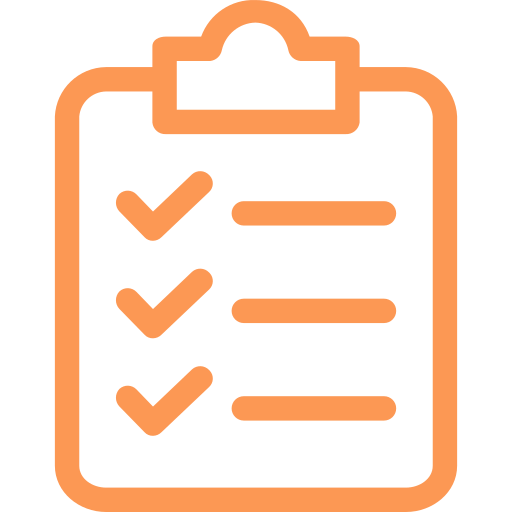
Priming Activities
Priming activities prepare students' brains for learning and make it easier to understand the material later on.
Collaboration
Interaction with other students on discussion boards and during live classes.
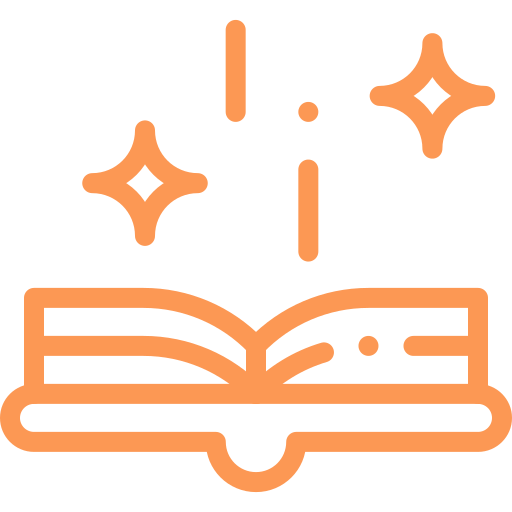
Storytelling
Students learn from their peers' educational trajectories and share their own prior experiences at school.

Video Micro-Lessons
Students watch video micro-lessons make the information tangible and relevant.

Creative Expression
Students are engaged through creativity and invited to respond in a variety of modes including writing and video.
Retrieval Practice
Students engage in frequent retrieval practice including elaboration, spacing, self- testing, and interleaving.
Application Guides
Application guides are study guides. Students can print them out or store them on their computer for easy reference.
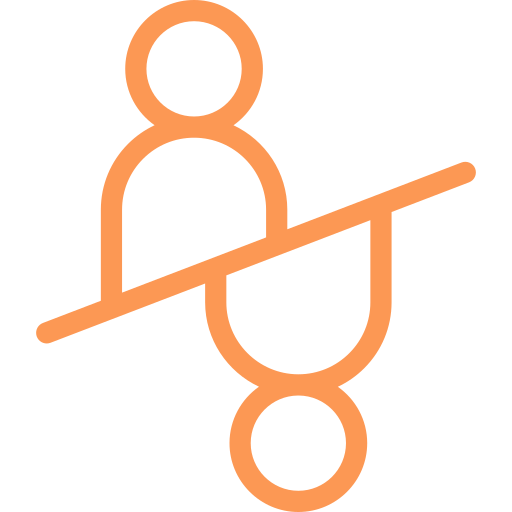
Reflection
Students make meaning of what they're learning and understand themselves as a learner through reflection.
Authentic Assessment
Students demonstrate their learning to authentic audiences of their peers and b eyond.
COGx Student Testimonials
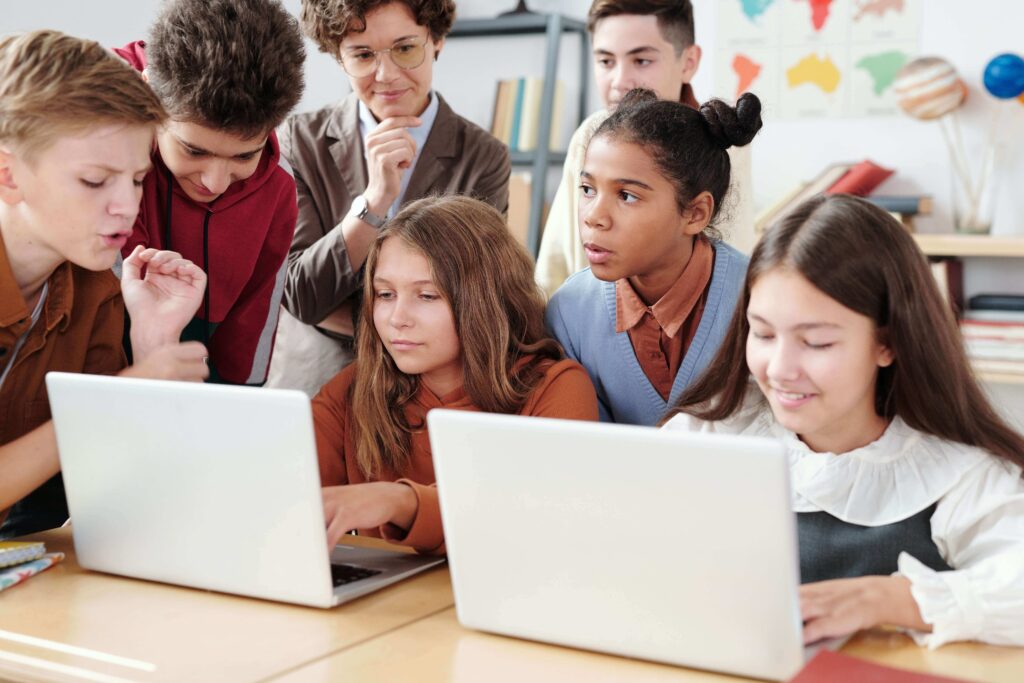
In Partnership With Experts on Learning Science from...
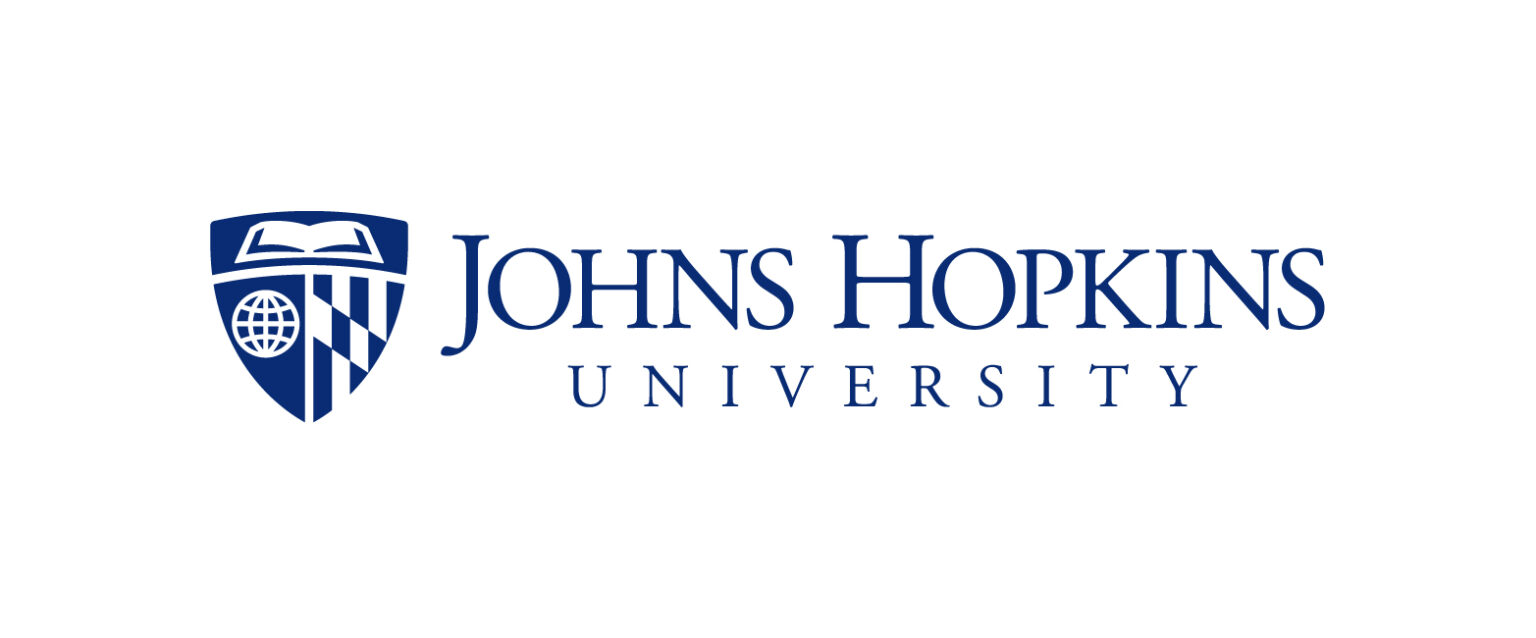
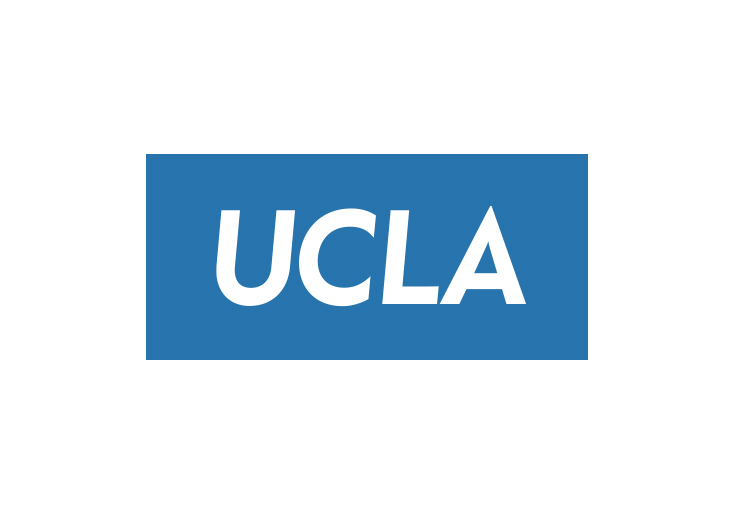
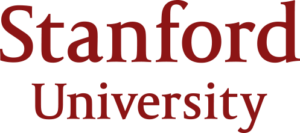
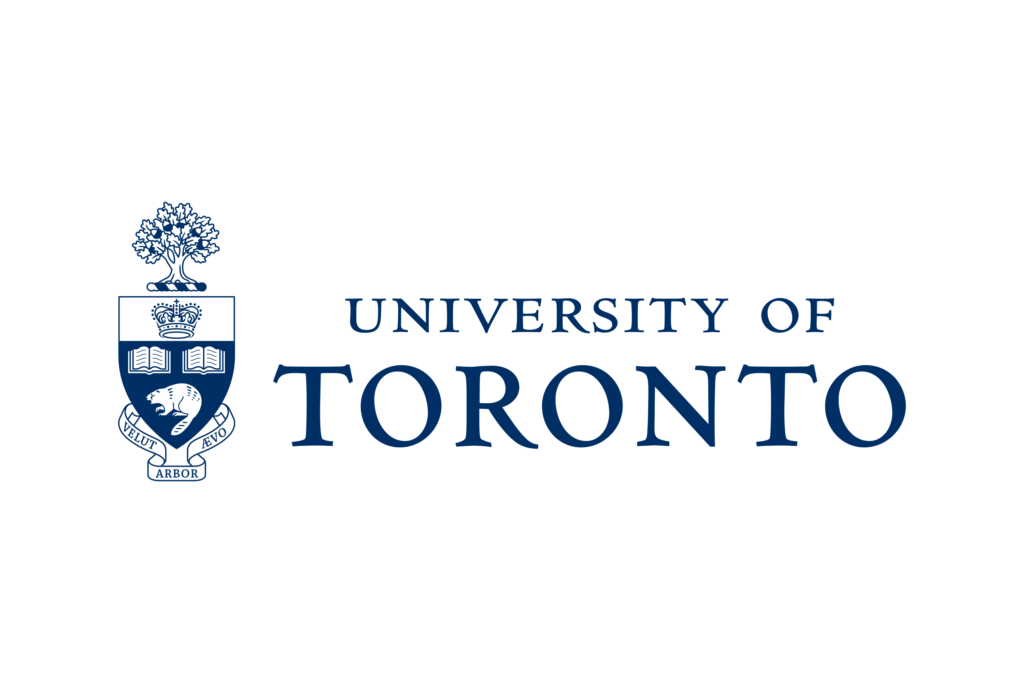
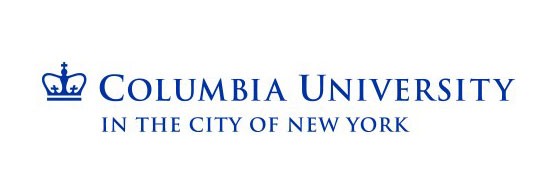

COGx has been devoted to translating scientific research and evidence-based practice into accessible programs. They are rigorous in their approach and committed to applying research findings and evidence with fidelity. As a result, they are making great strides in changing the status quo in education to one that embraces scientific research on learning.



